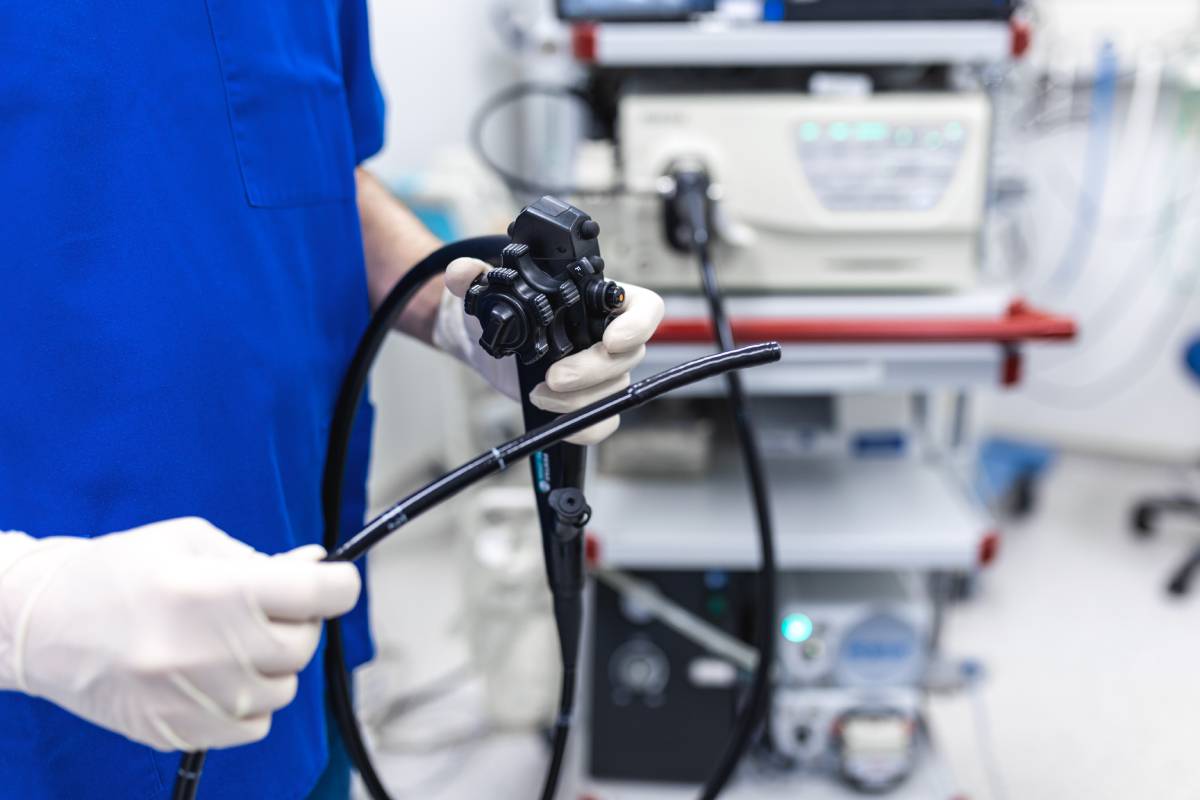Common Side Effects After Colonoscopy

Colorectal conditions are prevalent in the United States and globally, with many needing one-time or even regular screenings. A colonoscopy is a test used to check a patient’s bowels via endoscopic examination of the large bowel and the distal part of the small bowel using a small camera on a flexible tube passed through the anus. A colonoscopy is a straightforward procedure, but it may incur a number of side effects.
In general, colonoscopies are very safe. There are only two serious complications for every 1,000 procedures, as side effects are generally few and far between. However, there do remain a certain number of predictable impacts, both minor and major.
If the colonoscopy is purely investigative, patients can expect a certain degree of bloating and cramps immediately following the procedure. Additionally, if a biopsy is performed or polyps removed, a patient might experience a small amount of bleeding for a day or two. Some colonoscopies are done using gas and air as a patient preference, which can also result in short term dizziness or lightheadness. Furthermore, in a small number of instances, side effects of a colonoscopy can include irritation around the rectum, but nothing usually severe.
An uncommon side effect of colonoscopy is infection. Colonoscopy tools must be cleaned and disinfected very carefully, and, though rare, they may carry viruses like hepatitis B or C or bacteria such as E. coli, Klebsiella, or Enterobacter.
In other rare cases, the tool used in a colonoscopy can push too hard against a patient’s colon, resulting in a small tear. The physician may need to repair a tear surgically.
Side effects after colonoscopy can also relate to anesthesia rather than the procedure itself. Many colonoscopies are performed under sedation for patient comfort. Following sedation, a patient may feel tired for the rest of the day and will be advised to avoid driving for a full 24 hours and drinking alcohol. The patient will need to be picked up afterwards to ensure they get home safely. A patient can then return to a normal diet.
In addition, some individuals may suffer serious reactions to the medications used to sedate them, including in the form of heart or breathing problems. Medical teams are well-trained to identify and treat these complications, but it is important to let them know if you are allergic to any medicines or have ever had a negative reaction to anesthesia.
A patient should immediately contact their physician after a colonoscopy if they start to experience persistent problems, including continued bleeding, severe pain in the abdomen, or unexplained fever or chills. Colonoscopies are frequently conducted procedures with very few side effects, but patients should remain aware and prepared for any impacts should they occur.
References
1. Hornschuch, M., Schwarz, S. & Haug, U. 10-year prevalence of diagnostic and screening colonoscopy use in Germany: a claims data analysis. Eur. J. Cancer Prev. 31, 497–504 (2022). doi: 10.1097/CEJ.0000000000000736.
2. Colorectal cancer: Epidemiology, risk factors, and protective factors – UpToDate. Available at:
https://www.uptodate.com/contents/colorectal-cancer-epidemiology-risk-factors-and-protective-factors. (Accessed: 2nd October 2023)
3. Possible Side Effects of a Colonoscopy – OneWelbeck. Available at: https://onewelbeck.com/news/possible-side-effects-of-a-colonoscopy/. (Accessed: 2nd October 2023)
4. Colonoscopy Risks: Complications Before, During, After Procedure. Available at: https://www.webmd.com/colorectal-cancer/colonoscopy-risks. (Accessed: 2nd October 2023)